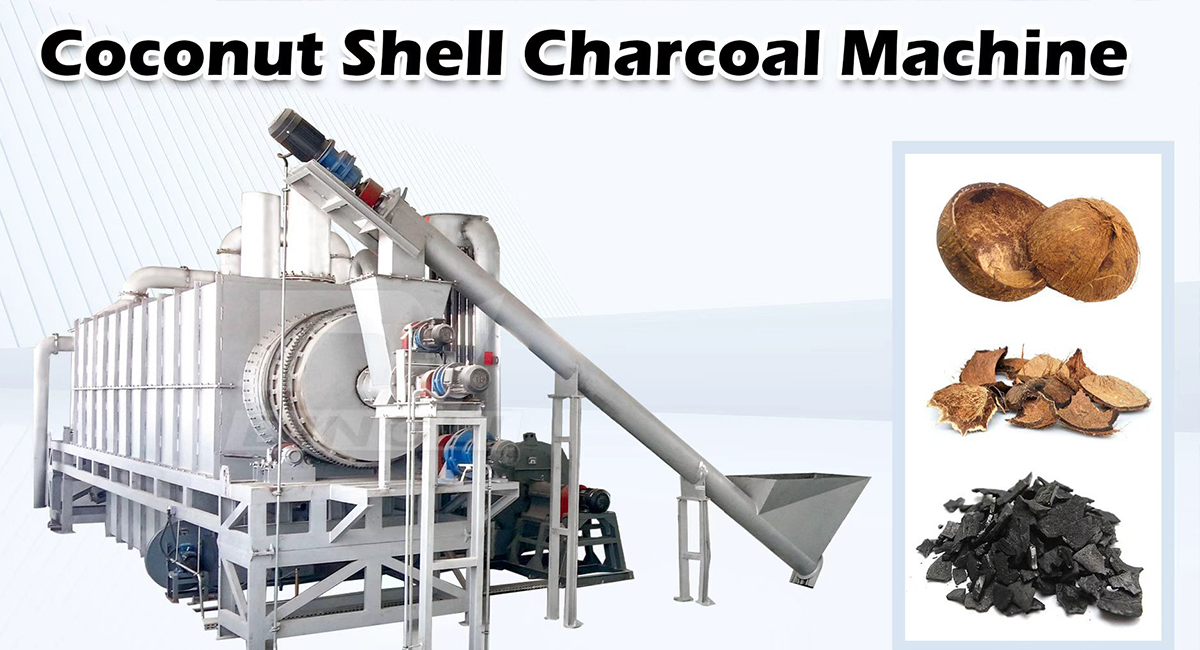 dinglimachine01@gmail.com
+86 16638159081(Wechat/WhatsApp)
dinglimachine01@gmail.com
+86 16638159081(Wechat/WhatsApp)
Coconut shell charcoal and activated carbon are two common carbon materials. While they share similar origins, they differ significantly in their nature and uses.

Coconut shell charcoal, as the name suggests, is a primary carbon product made from coconut shells through a high-temperature pyrolysis and carbonization process. This process primarily removes volatile substances and water from the raw material, preserving the basic carbon skeleton. It is relatively hard and has a rudimentary pore structure, but its specific surface area is limited, resulting in a basic adsorption capacity. It is often used in everyday applications such as water filtration and odor removal, where adsorption performance is not critical.
Activated carbon, on the other hand, is a broader concept. It can be produced not only from coconut shells but also from a variety of carbon-containing materials, such as coal, wood, and fruit shells. Its core lies in the crucial process of "activation." Whether using physical methods (high-temperature steam) or chemical methods (chemical reagents), the activation process significantly expands the existing pore structure, creating a vast number of micropores with rich structures, thereby exponentially increasing the specific surface area. It is this highly developed pore structure that gives activated carbon its exceptional adsorption properties, enabling it to efficiently capture and remove impurities, pigments, odors, and harmful substances from both gaseous and liquid phases.
In short, coconut shell charcoal can be considered a semi-finished product or a primary form of activated carbon. The key difference between the two lies in the degree of processing and the development of their pore structure. Activated carbon undergoes a specialized activation process, resulting in a stronger and more refined adsorption capacity, making it widely used in high-end industries such as food, medicine, chemicals, and environmental protection. Coconut shell charcoal, on the other hand, is a carbonized product with more basic properties.